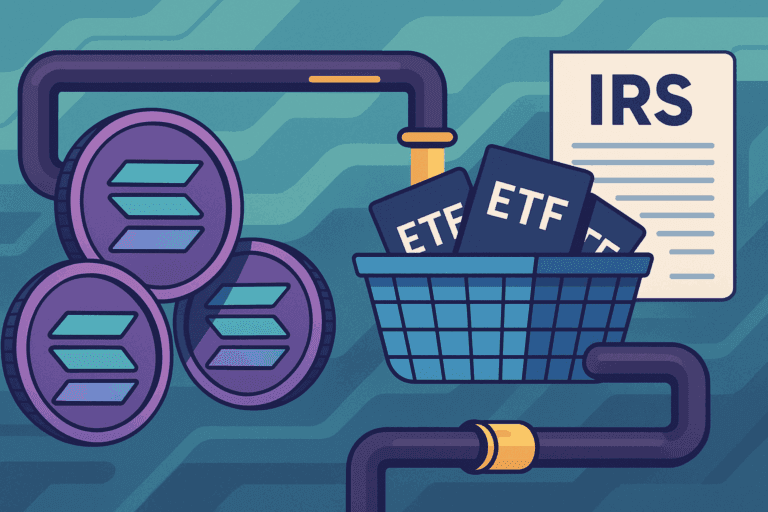You’re probably receiving emails from other crypto tax platforms filled with claims about how they can save you money on taxes. They claim to have some optimized way to crunch your numbers, or they allow you to pick a minimization strategy when you import your data. If your goal is to try and cheat the IRS, these marketing gimmicks can sound appealing.
However, if your goal is to produce a defensible report of how you actually transacted with cryptocurrency, you need a platform that was developed to tell the story of what actually happened in your crypto life.
At NODE40, we pride ourselves on the ability to tell your story, and back that story with numbers that you or an auditor can independently verify. The ledgers and reports that we produce capture the lifecycle of your crypto assets. They are so easy to follow that the story will unfold before your eyes.
We put some competing platforms to the test and the differences were striking. To produce a fair comparison, we used the same two BTC wallets on each platform. Between the two wallets, there were a total of seven transactions and three taxable events. A simple scenario to be sure, but the results were revealing in their differences.
This top report was generated by a competing platform. I changed the names of the column headers so as not to expose which platform it is.

The report only shows one of the three taxable transactions. More importantly, the QUANTITY column does not represent what actually happened on the blockchain.
For reference, the blockchain transaction can be viewed at https://blockchair.com/bitcoin/transaction/8de3c78651901c2541d3178bff29de26cb88a668fcda4b695f7f5f218070a74f. I had to do some digging to figure out which transaction this report was trying to reference. I figured it out by summing the QUANTITY column and that gave me a tip to look for the transaction with a 1.21671338 BTC disposition.
The report above is just downright confusing. If the report doesn’t represent what actually happened on the blockchain, where did the numbers come from? What would an auditor think?
Now, let’s take a look at the much more detailed report generated by NODE40.

The NODE40 report captures all three taxable events. I have highlighted each transaction and grouped the transaction components to call out that NODE40 did indeed capture three distinct taxable events.
If you refer back to the blockchain link above, you can see that the rows highlighted in blue on the NODE40 report show exactly what happened on the blockchain. While the rows highlighted in blue in the competitor’s report do not.
Do you want to risk a false narrative, or do you want to use a platform that represents your activity in a report reflecting your real-world transactions? At NODE40, we think the choice is clear. Remove any anxiety you may have about reporting your crypto activity to the IRS by using a platform that takes accuracy and transparency seriously.
Stay Safe – Get the Right Numbers
At NODE40, we operate in the most transparent ways possible so you understand how we calculate your tax numbers and provide you with an annotated history of your crypto activity. We want you to feel comfortable with the numbers we provide. It’s why we became the first consumer-focused cryptocurrency tax software to undergo a SOC 1 Audit created by the American Institute of Certified Public Accountants (AICPA).
Head on over to our YouTube Channel and be sure to click Subscribe.
We hope you find these videos helpful as you work to gather your crypto trades from all your various exchanges and wallets to make sense of it all.



